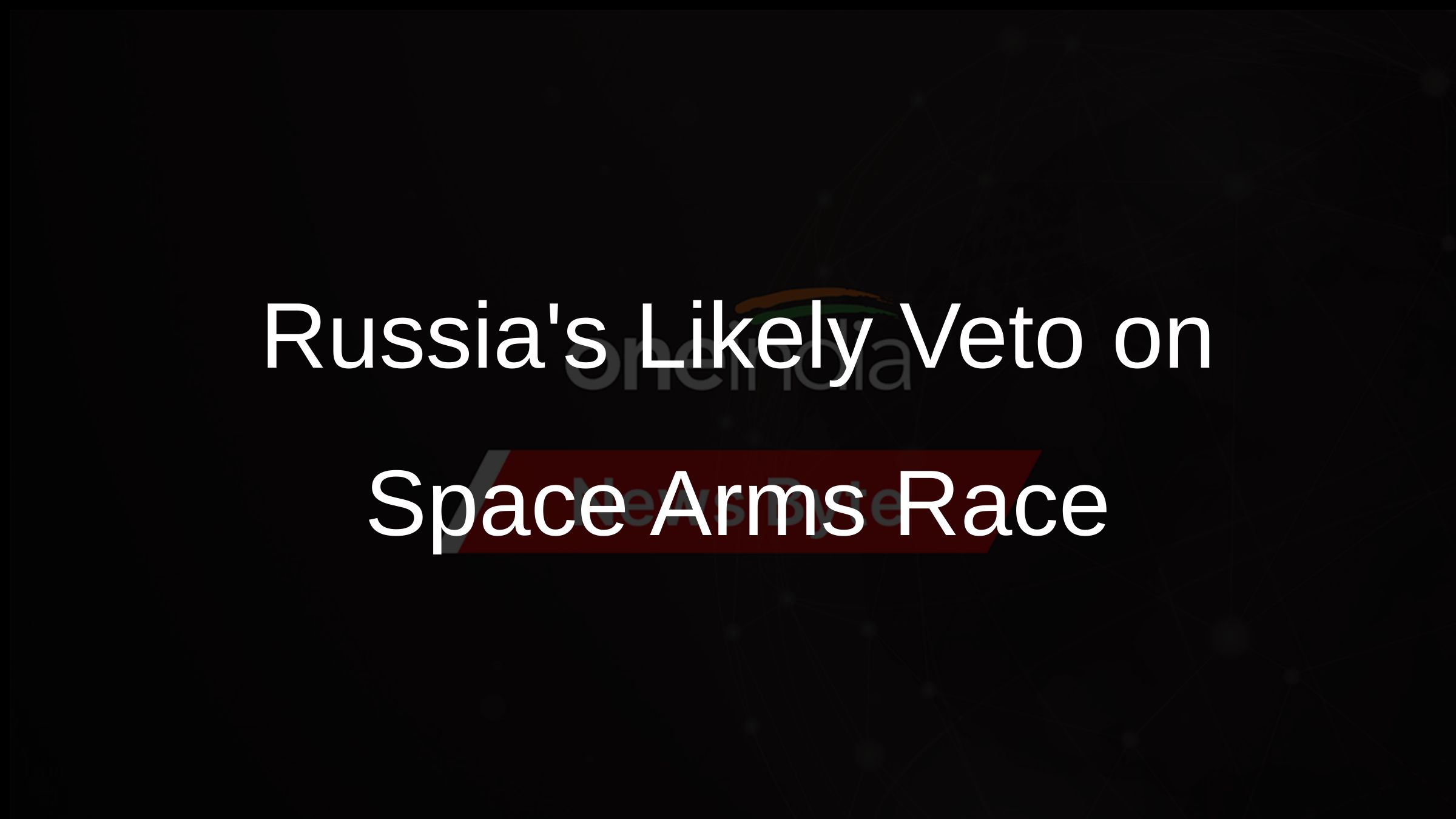S Africa avoids US-led atom pact over sovereignty
VIENNA, Sep 18 (Reuters) South Africa has declined to join a US-initiated multilateral nuclear supply pact because it could undermine Pretoria's plan to revive uranium enrichment on its own soil, officials said today.
South Africa's no-show at a 16-nation signing ceremony on Sunday for the Global Nuclear Energy Partnership created concern in many developing and even industrialised states that the GNEP could deprive them of control of their atomic energy options.
The GNEP aims to have nuclear reactors supplied by a global fuel bank meant to resist proliferation by discouraging nations from building their own fuel-enrichment plants, whose technology can be adjusted to produce atomic bombs, not just electricity.
The move was driven by Iran's drive to refine uranium despite UN resolutions ordering a halt over suspicions the programme is a smokescreen for bomb building, and by stealthy North Korean fuel processing that yielded bombs last year.
''We were concerned that some aspects of the GNEP declaration would conflict with our national policy,'' South African Minerals and Energy Minister Buyelwa Sonjica said on the sidelines of a 149-nation International Atomic Energy Agency (IAEA) assembly.
''It is a sovereignty issue, to do with our own nuclear fuel reserves and fuel supply,'' Tseliso Maqubela, the nuclear programme director in Sonjica's ministry, told Reuters.
South African officials have said up to six nuclear reactors are envisioned to process uranium, to propel the expansion of the continent's biggest economy.
VOLUNTARY PACT Asked about Pretoria's concerns, a senior US official at the IAEA gathering said the GNEP is a voluntary energy-sharing concept ''and no one is asking a state to give up rights''.
South Africa scrapped a nuclear arms programme before the end of apartheid in 1994. But it opposes forcing nations to abandon uranium enrichment, saying this could hurt potential commercial nuclear activities and limit energy sovereignty.
One of the unacceptable aspects of the GNEP's ''Statement of Principles'', Sonjica told reporters, was that it suggested that enriched uranium producers would supply other nations, whereas South Africa planned to keep refined fuel for domestic use.
''Uranium is a strategic mineral for us,'' she said.
South Africa was also unhappy that, as a state with major uranium reserves and a past enrichment programme it intended to revive, it was not consulted in the drafting of GNEP's covenant.
''That created some discomfort for us. And now that countries have already signed this Statement of Principles, I'm not sure if anyone will be keen to move the goalposts,'' Sonjica said.
She said Pretoria had written to the US government to outline its reservations but had received no response yet.
Australia is considering launching its own uranium enrichment industry, but joined the GNEP. Argentina and Canada have suggested they may do the same but attended the GNEP ceremony as observers and potential candidates.
Maqubela said South Africa hoped to make nuclear fuel with foreign partners and would issue tenders within six months to build two advanced pressurised water reactors by 2015 or 2016.
South Africa has two older, French-built nuclear reactors accounting for 6 percent of its electricity generation.
REUTERS
RC
BST0129


 Click it and Unblock the Notifications
Click it and Unblock the Notifications




